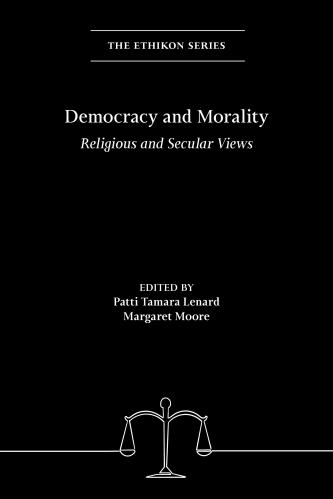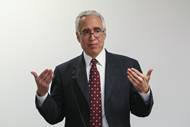Scott Simon, host: Here in the United States, the Office of Homeland Security will be charged with protecting Americans against the kind of domestic attacks that have hurt so many in Kenya, Israel and in other allied nations. But this week as President Bush signed the new office into being, he cautioned that, quote, “No department or government can completely guarantee our safety against ruthless killers who move and plot in the shadows.” Now in the coming months, a dramatic and wide-scale restructuring of the federal government will commence to accommodate this new office. More than 20 federal agencies will fall under its authority, including Customs, the Immigration and Naturalization Service, the Federal Emergency Management Agency, the Coast Guard and the Secret Service. Paul Light is a senior fellow of the Brookings Institution, who joins us in our studios….Mr. Light, does the attack in Kenya this week remind us that lightning can strike twice? Kenya has been the scene of terrorist attacks before and we should not assume that Lower Manhattan, because it’s been struck once, or any other part of the United States will be immune.
Mr. Light: I suppose so. We have this week as well the signature on the Homeland Security Department, and one of the things it starts out with is an extraordinary mandate to close gaps in the borders and to make us a more secure nation. I think that’s a task that’s going to take a long time to come to fruition, and we ought to lower expectations about what we can really have here by way of tightened security overnight.
Simon: We have to lower expectations even at a time when the threat is rising?
Mr. Light: Well, a department does not, by itself, make us more secure. Reorganization is just a means to an end. The question is: What is the end we seek? The creation of a new department increases the probability of cooperation. It certainly increases the probability that the secretary will be able to enforce some level of cooperation, but we’re talking about probabilities here, not guarantees….
Listen to entire interview
The Brookings Institution is committed to quality, independence, and impact.
We are supported by a diverse array of funders. In line with our values and policies, each Brookings publication represents the sole views of its author(s).








Commentary
Implementing Homeland Security
November 30, 2002